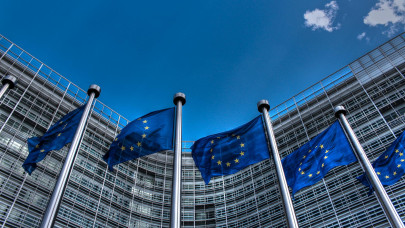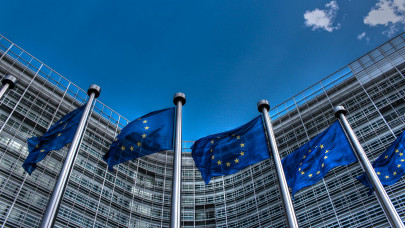The measure will benefit companies active in sectors and sub-sectors listed on the EU ETS Carbon Leakage List. Those sectors face significant emission costs and are particularly exposed to international competition.
The compensation will be granted to eligible companies through a partial refund of the additional costs incurred in the previous year, with the final payment to be made in 2031.
The level of compensation is between 65% and 95% of the costs, depending on the emission intensity of the beneficiaries.
”This €6.5 billion scheme paves the way for Germany to reduce the risk of carbon leakage for its energy-intensive industries in the context of its national fuel emission trading system. At the same time, the scheme maintains incentives for cost-effective decarbonization of the German economy, in line with the Green Deal objectives. And this while keeping distortions of competition to the minimum”, says Margrethe Vestager, Executive Vice-President in charge of competition policy.
On this basis, the Commission approved the German scheme under EU State aid rules.
In order to maintain incentives for beneficiaries to switch to less polluting fuels, the aid amount is calculated based on fuel and heat benchmarks. The beneficiaries bear a certain share of the additional costs resulting from the German fuel ETS, corresponding to 150 tCO2 per year, for which no aid will be granted.
In order to qualify for compensation, beneficiaries will have to invest at least 50% (as of 2025 at least 80%) of the aid amount in (i) measures identified in their ‘energy management system', setting out energy efficiency objectives and a strategy to achieve them; or (ii) the decarbonization of their production processes.
The Commission assessed the measure under EU State aid rules, in particular Article 107(3)(c) of the Treaty on the Functioning of the European Union (TFEU) which enables Member States to support the development of certain economic activities subject to certain conditions.
The Commission found that the scheme is necessary and appropriate to support energy-intensive companies to cope with higher fuel costs resulting from the German fuel ETS in order to reduce the risk of carbon leakage.
Germany introduced the “German fuel ETS” to cover emissions from the combustion of fossil fuels that are not covered by the EU ETS. It applies since 1 January 2021 and targets emissions from the transport and building sectors, as well as energy and industrial installations falling outside the scope of the EU ETS, helping Germany reach its climate goals.
Each year, reporting fuel suppliers must purchase German fuel emission allowances based on the quantity of fuels they placed on the German market and surrender the corresponding amount of German fuel emission allowances. Fuel suppliers then pass on the additional cost of the German fuel ETS to consumers.












